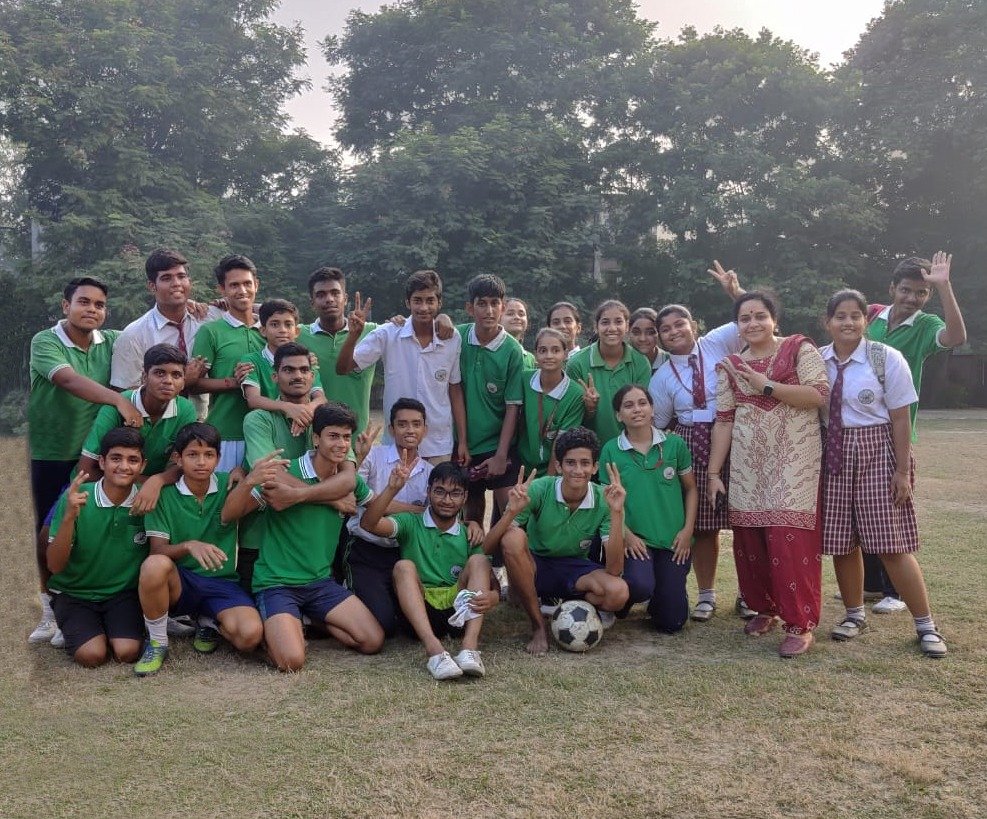Greening the Future: The Environmental and Ecological Benefits of Plantation
A school football tournament is an amazing event because of the competitive spirit, supporters’ cheers, and the kids’ intense effort on the field. The tremendous preparation and laborious work that goes on behind the scenes to make these events succeed, however, is something that most people miss. We’ll walk you through the difficult steps involved in setting up a school football tournament in this blog, along with the essential elements that make it successful.
1. Concept and Planning
Every tournament that is successful starts with a concept. Teachers, student organizations, or school administrators collaborate to develop the tournament’s idea. They choose the objectives, guidelines, and structure, as well as whether it will be a one-time event or a part of a series.
Planning assumes a central role after the concept is defined. This includes deciding on a date, choosing locations, obtaining the required licenses, and assigning funds. A well-planned strategy serves as the cornerstone upon which the entire competition is constructed.
2. Sponsorship and Funding
Financial assistance is needed for tournaments to pay for a variety of costs, including field rentals, gear, referees, awards, and marketing materials. In order to raise the money they need, colleges frequently look to alumni or nearby companies as sponsors. The magnitude and success of the competition might vary significantly depending on these sponsors’ assistance.
3. Team Registrations and Eligibility
Team registrations will open in the next phase. Schools might invite teams from other schools or their own to participate. To maintain equity and competition, it’s critical to set eligibility requirements, such as age restrictions, grade requirements, and gender considerations.
4. Rules and Regulations
The event must have fair and transparent rules and regulations in place in order to run smoothly. This includes specifying the game’s scoring structure, match length, and other pertinent information. It’s also critical to have a disciplinary mechanism in place to deal with rule infractions and matters of sportsmanship.
5. Logistics and Operations
On the day of the competition, the logistics and operations staff are in charge of making sure everything goes according to plan. This includes establishing up fields, scheduling matches, coordinating team transportation, and offering medical assistance as needed. In order to keep the event from going awry, coordination is essential.
6. Promotion and Publicity
Promoting the tournament well is essential to drawing viewers, building anticipation, and highlighting its importance. Students and the community may help spread the word and create anticipation by using social media, school websites, and local media outlets.
7. Volunteers and Officials
A committed group of volunteers is needed for a tournament to be successful. These volunteers assist with everything from refreshments to ticket sales. In addition, officials and referees are essential to preserving justice and order throughout games.
8. Opening Ceremony
There is usually an opening ceremony to start the competition. The school community is celebrating with speeches, the playing of the national anthem, and maybe even a team parade. It establishes the competition’s tone and fosters teamwork and solidarity.
9. The Tournament
The event finally starts once everything is set up. There is a tangible sense of excitement in the air as teams compete hard and matches are played. It is imperative that the competition be run properly, with officials, referees, teams, and fans communicating with one another.
10. Closing Ceremony and Awards
It’s time for the closing ceremony after the final game. Here, medals or trophies are given out and victors are honored. As the competition comes to a finish, it’s a proud and momentous occasion.
11. Evaluation and Feedback
After the dust settles, the tournament’s organizers get together to assess its success and get input from competitors, spectators, and volunteers. When it comes to organizing future tournaments and making changes, this feedback is important.
12. The Legacy of School Football Tournaments
Tournaments for school football are more than just a sport. They teach pupils virtues like sportsmanship, discipline, and teamwork. They promote school pride, unite the school community, and give gifted students a stage on which to showcase their abilities. They also create enduring memories that participants and students remember for the rest of their lives.
To sum up, creating a good school football tournament is a complicated, diverse process that calls for commitment, effort, and careful planning. Even while the competition itself might only last a few days, the effects it has on the participating kids and the school community can last a lifetime. These activities support the general development of the pupils as well as the school, while also honoring athletics.


